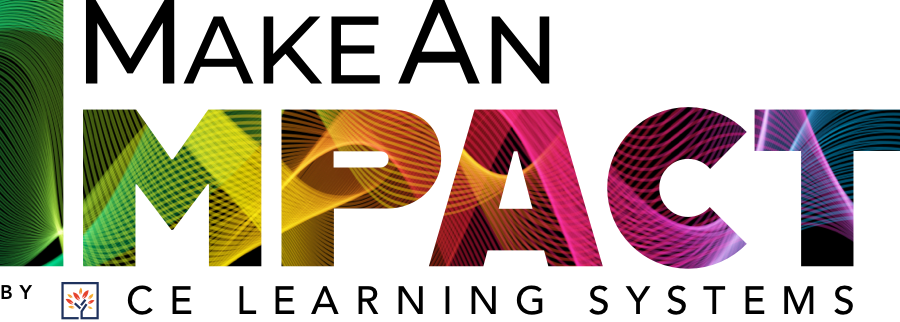Boundary Issues and Dual Relationships in Behavioral Health: Ethics and Risk Management Challenges
Behavioral health professionals frequently encounter complex ethical challenges involving boundaries and dual relationships. Examples include proper management of confidential and private information when practitioners live and work in small or rural communities; practitioner self-disclosure; friendships and social contact with current and former clients; favors, gifts, and invitations; hiring of former clients; and online and social networking relationships and communications, among others.
Using extensive case material, Dr. Frederic Reamer will acquaint participants with a typology of bo...Read moreundary issues and dual relationships. Participants will learn how to identify and respond constructively to complex boundary issues, protect clients, prevent professional malpractice, and avoid licensing board complaints. Key topics will include the nature of boundary issues, types of dual relationships, ethical standards, and risk-management strategies.
THIS COURSE IS DESIGNED TO MEET THE NYS REQUIREMENT OF MENTAL HEALTH PROFESSIONALS TO RECEIVE 3 HOURS OF TRAINING ON MAINTAINING APPROPRIATE PROFESSIONAL BOUNDARIES (effective April 2023) Less...
Learning Objectives
- Identify ethics and risk management issues related to professional boundaries and dual relationships in the behavioral health professions.
- Apply relevant ethics standards to manage boundaries and dual relationships.
- Use protocols designed to protect clients and help prevent litigation and ethics complaints.
Target Audience
This course is designed to meet the NYS requirement of Mental Health Professionals to receive 3 hours of training on maintaining appropriate professional boundaries (effective April 2023).
Learning Levels
- Intermediate
- Advanced
Thursday, August 17, 2023
11:00 AM EDT - 02:15 PM EDT
Register for this WebinarAbout the speaker
Agenda
11:00am - 11:30am: Introduction and case examples
11:30am - 11:50am: Key concepts: Boundary crossings and boundary violations
11:50am - 12:15pm: Boundary issue in the digital age: Unique challenges
12:15pm - 12:30pm: Q&A
12:30pm - 12:45pm: Break
12:45pm - 1:45pm: A typology of boundary issues in behavioral health: Themes and patterns
1:45pm - 2:00pm: Risk management protocols: Protecting clients and practitioners
2:00pm - 2:15pm: Q&A
CE Information - Earn 3 CE Credit Hours
CE Approvals
American Psychological Association
Association of Social Work Boards
National Board for Certified Counselors
NAADAC, the Association for Addiction Professionals
New York State Education Department's State Board for Social Work
New York Education Department Board of Creative Arts Therapy
New York Education Department for Licensed Mental Health Counselors
New York Education Department Board for Licensed Psychoanalysts
New York State Education Department's State Board for Psychology
New York State Education Department's State Board for Marriage and Family Therapy
CE Process Info
Each professional is responsible for the individual requirements as stipulated by his/her licensing agency. Please contact your individual licensing board/regulatory agency to review continuing education requirements for licensure renewal. Please note: You must attend "live" (in real-time) for the duration of the training to earn CE credits.
Before the event, you will receive an email from CE-Go with access to the virtual event. After the event, you will receive access to your evaluation and continuing education certificate via a personalized "attendee dashboard" link, hosted on the CE-Go website. This link and access to the virtual event will be sent to the email account you used to register for the event.
Upon accessing the CE-Go "attendee dashboard", you will be able to:
- Complete evaluation forms for the event
- Download your continuing education certificate in a PDF format
If you have any questions or concerns regarding the CE-Go platform, please contact CE-Go at 888-498-5578 or by email at support@ce-go.com Please Note: Emails for this event will come from "support@ce-go.com".
If you have any continuing education related questions, please contact your event organizer.
Please make sure to check your spam/junk folder in case those emails get "stuck". We'd also suggest "Allowlisting" support@ce-go.com. This tells your email client that you know this sender and trust them, which will keep emails from this contact at the top of your inbox and out of the junk folder.
Disclosure
DISCLOSURE OF RELEVANT FINANCIAL RELATIONSHIPSCE Learning Systems adheres to the ACCME’s Standards for Integrity and Independence in Accredited Continuing Medical Education. Any individuals in a position to control the content of a CE activity ― including faculty, planners, reviewers, or others ― are required to disclose all relevant financial relationships with ineligible entities (formerly known as commercial interests). All relevant conflicts of interest have been mitigated prior to the commencement of the activity.
The following relevant financial relationships have been disclosed by this activity’s planners, faculty, and the reviewer:
PLANNERS AND REVIEWER
The planners of this activity have reported that they have no relevant financial relationships.
FACULTY
The faculty of this activity have reported that they have no relevant financial relationships.

